Wednesday and Thursday, 9 and 10 Mar 2022
Liu Institute for Global Issues and Chan Centre for the Performing Arts
Critical Image Forum: Artist Talk with Elizabeth M. Webb
-
Elizabeth M. Webb
ArtistElizabeth M. Webb is an artist and filmmaker originally from Charlottesville, VA. Her work is invested in issues surrounding race and identity, often using the lens of her own family history of migration and racial passing to explore larger, systemic constructs. She has screened and exhibited in the US, United Kingdom, Canada, Japan, Ecuador, Singapore, Switzerland, Mexico, Spain, Austria, Norway and Germany and was a recipient of the inaugural Allan Sekula Social Documentary Award in 2014. Webb holds a dual MFA in Film/Video and Photography/Media from California Institute of the Arts and is an alumna of the Whitney Independent Study Program in Studio Art, Skowhegan School of Painting and Sculpture and the Core Program at the Museum of Fine Arts Houston. She was Fall 2019 Visiting Faculty in Sculpture and Extended Media at Virginia Commonwealth University. Since 2015, Webb has been the Creative Producer for Arts in a Changing America and in 2020 worked on the launch of the Cultural New Deal for Cultural and Racial Justice. She is currently co-editing an anthology with Roberta Uno and Daniela Alvarez entitled FUTURE/PRESENT: Culture in a Changing America solicited by Duke University Press.
Read More
Join multimedia artist Elizabeth M. Webb for a talk and film screening; both events are free and open to the public, no registration is required. Masks and proof of vaccination are mandatory.
Artist Talk: Embodied Cartographies
Wednesday, 9 March 2022 at 5:30 pm
Location: xwθəθiqətəm or Place of Many Trees, Liu Institute for Global Issues, 6476 NW Marine Drive, UBC
In Embodied Cartographies, Elizabeth M. Webb discusses her critically acclaimed multimedia practice. Webb is an artist and filmmaker originally from Charlottesville, VA. Her work is invested in issues surrounding race and identity, often using the lens of her own family history of migration and racial passing to explore larger, systemic constructs. She has screened and exhibited in the US, United Kingdom, Canada, Japan, Ecuador, Singapore, Switzerland, Mexico, Spain, Austria, Norway and Germany and was a recipient of the inaugural Allan Sekula Social Documentary Award in 2014.
Film Screening and Q&A: For Paradise
Thursday, 10 March 2022 at 7 pm
Location: Royal Bank Cinema, Chan Centre for Performing Arts, 6265 Crescent Road, UBC
For Paradise is a hybrid documentary that traces the construction of racial identities within a family (the artist’s own) where members operate on both sides of the “colour line.” Allowing the story of her great-grandmother Paradise to guide her through complicated family histories of migration and racial passing, Webb navigates the spaces where power can be found in absence and loss.
Critical Image Forum is a collaboration between the Belkin and the Department of Art History, Visual Art and Theory with funding from the UBC Public Humanities Hub. Elizabeth M. Webb’s talk and film screening are co-sponsored by the Interdisciplinary Histories Research Cluster, the Department of Theatre and Film, the Department of Art History, Visual Art and Theory, Critical Image Forum and the Institute for Gender, Race, Sexuality and Social Justice at UBC, with support from the Social Sciences and Humanities Research Council.
Image (above): Elizabeth M. Webb, film still
-
Elizabeth M. Webb
ArtistElizabeth M. Webb is an artist and filmmaker originally from Charlottesville, VA. Her work is invested in issues surrounding race and identity, often using the lens of her own family history of migration and racial passing to explore larger, systemic constructs. She has screened and exhibited in the US, United Kingdom, Canada, Japan, Ecuador, Singapore, Switzerland, Mexico, Spain, Austria, Norway and Germany and was a recipient of the inaugural Allan Sekula Social Documentary Award in 2014. Webb holds a dual MFA in Film/Video and Photography/Media from California Institute of the Arts and is an alumna of the Whitney Independent Study Program in Studio Art, Skowhegan School of Painting and Sculpture and the Core Program at the Museum of Fine Arts Houston. She was Fall 2019 Visiting Faculty in Sculpture and Extended Media at Virginia Commonwealth University. Since 2015, Webb has been the Creative Producer for Arts in a Changing America and in 2020 worked on the launch of the Cultural New Deal for Cultural and Racial Justice. She is currently co-editing an anthology with Roberta Uno and Daniela Alvarez entitled FUTURE/PRESENT: Culture in a Changing America solicited by Duke University Press.
Read More
Related
-
Event
Critical Image Forum Dialogue Series: Sandra Boss
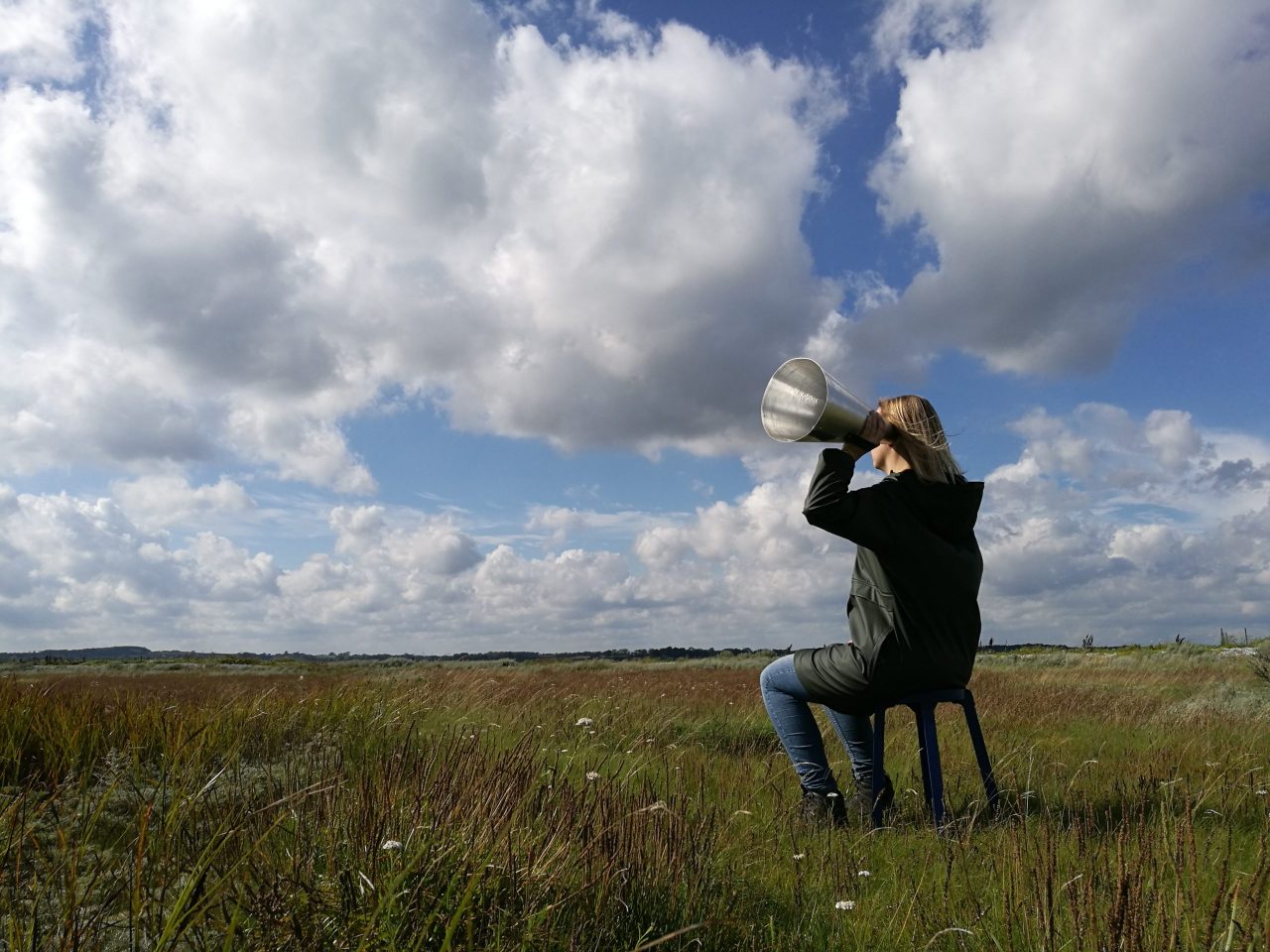
For this episode of the Critical Image Forum Dialogue Series, Tobias Ewé talks with Danish sound artist Sandra Boss about her practice-based research into mid-century German hearing machines, conceptions of hearing and how these shape the listening subject. The discussion takes its outset in Boss's dissertation, Tuning the Ear: Exploring Conditions and Conceptions of Hearing, which is much more than a collection of textual chapters, but a sound art object in and of itself.
[more] -
Event
Critical Image Forum Dialogue Series: Farah Nosh
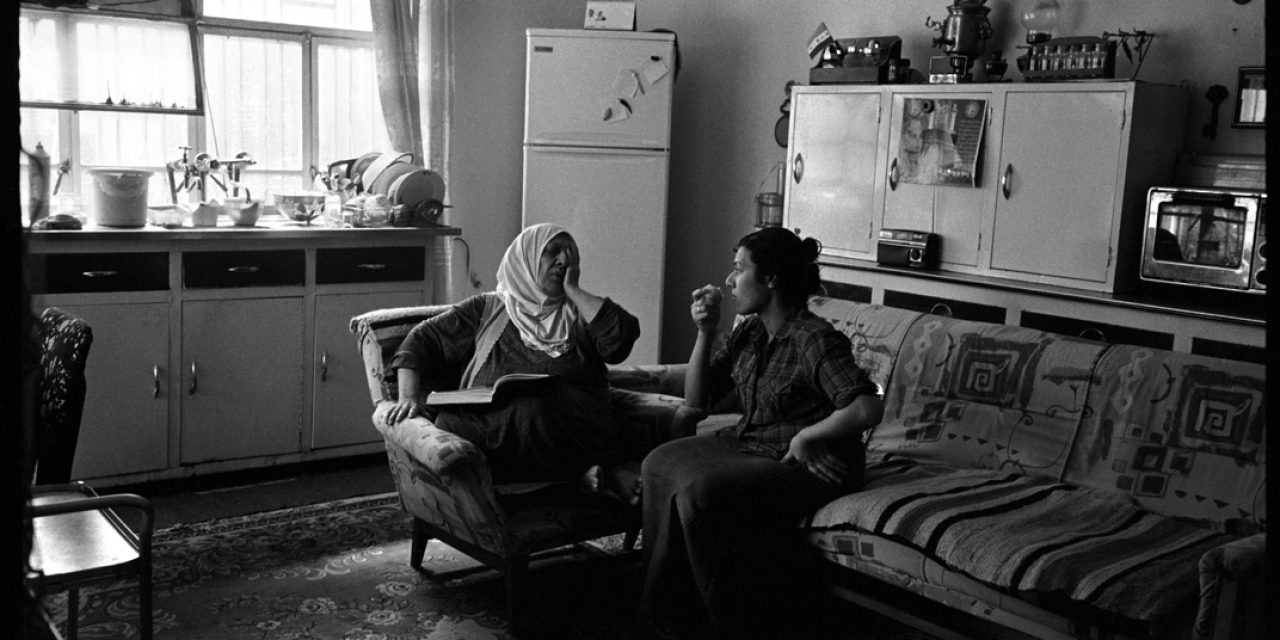
From her earliest work in conflict zones to her most recent project documenting fluent speakers of the Haida language in Haida Gwaii, Farah Nosh is known for her intimate, empathic approach to photojournalism and photographic portraiture. In this wide-ranging conversation initiated by UBC journalism MA student Steven Zhu, Nosh discusses her formative experiences with photography as a Geography student at UBC, and subsequently learning photojournalism on assignment in Iraq during the Saddam Hussein era.
[more] -
Research Project
2021 - Ongoing
Critical Image Forum: Research in Photography and Expanded Documentary
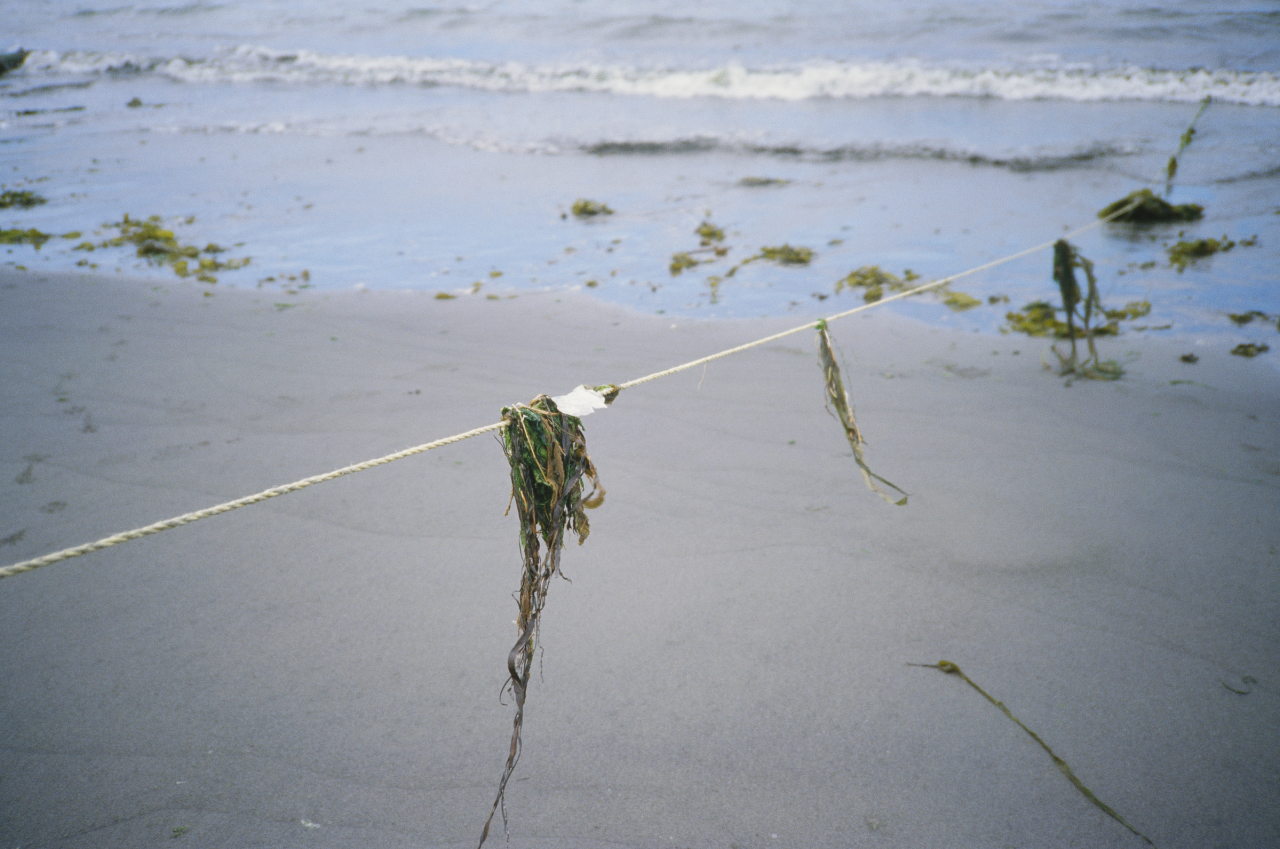
Critical Image Forum is a research project that focuses on the political, ethical, aesthetic and social dimensions of expanded documentary practices. The Forum's primary medium of research is photography, with an interest in how the proliferation of moving images, performance, sound and digital networks have challenged and complicated the veracity of the visual document.
[more] -
Event
Critical Image Forum Dialogue Series: Marianne Nicolson
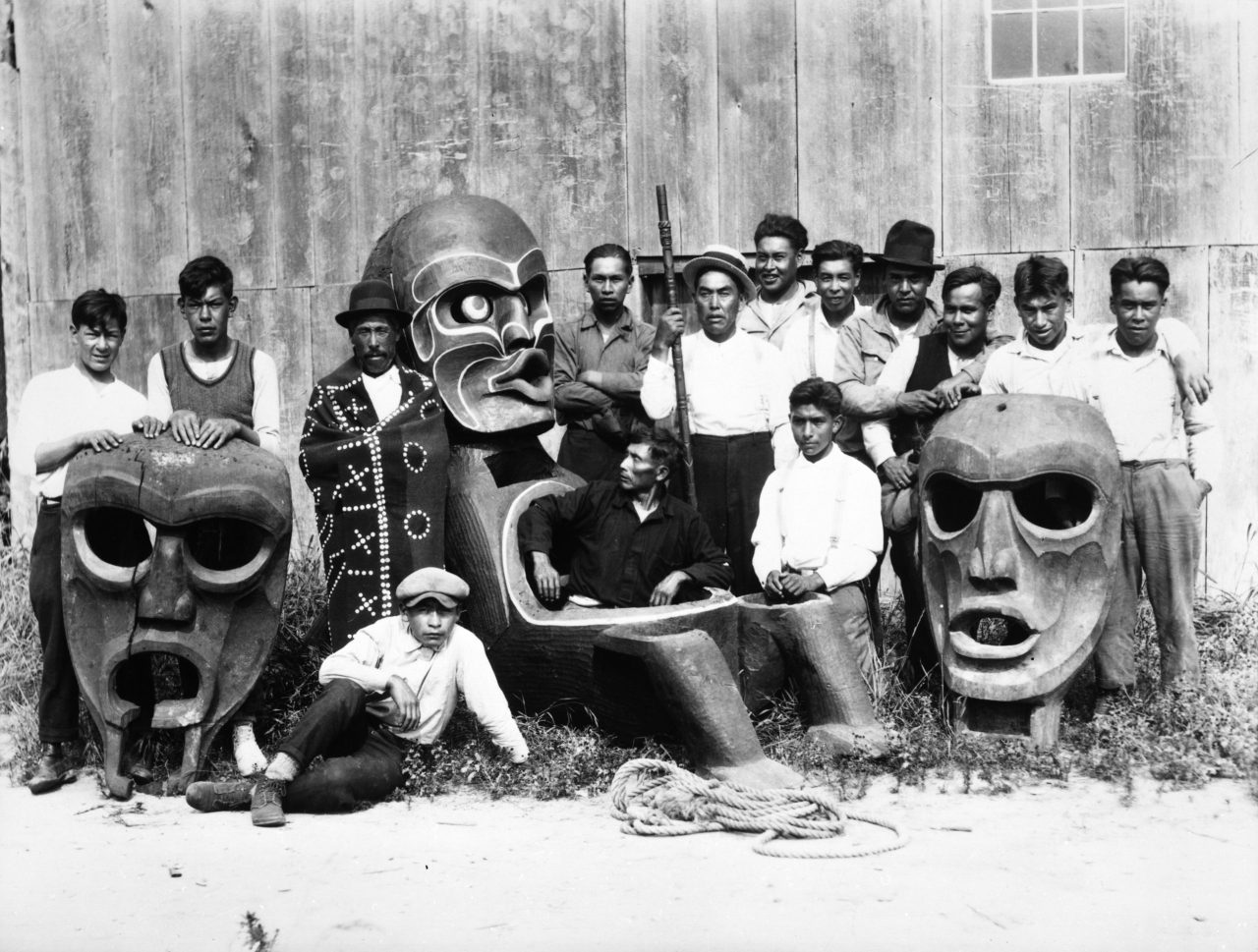
As part of Critical Image Forum's Dialogue Series, this online conversation with Althea Thauberger, Musgamakw Dzawada’enuxw artist and activist Marianne Nicolson helps us understand how particular photographic acts, although initiated by Canadian colonial photographers, were used, by those depicted, as opportunities for assertions of political, cultural and territorial sovereignty during the potlatch ban in the early twentieth century.
[more] -
Event
Critical Image Forum Dialogue Series: Paul Weinberg
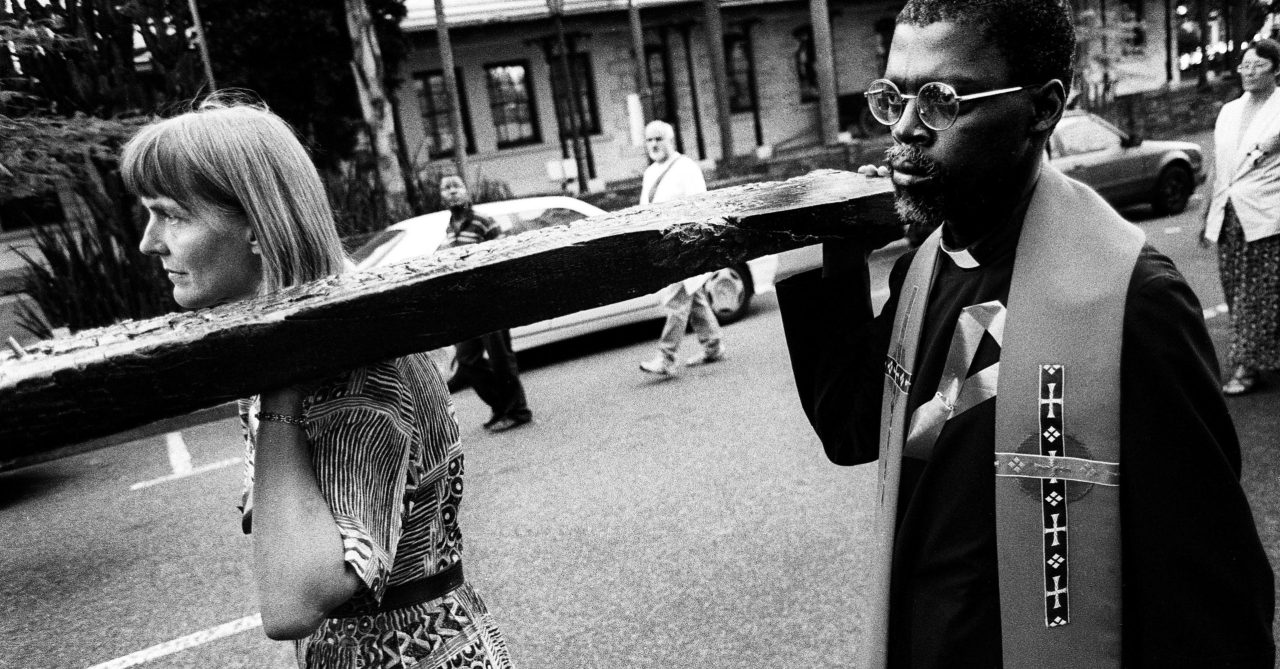
For this second episode of the Critical Image Forum Dialogue Series, Daniela Perez Montelongo is in conversation with South African photographer Paul Weinberg where they discuss key issues pertaining to the role of photography in South Africa during the Apartheid and post-Apartheid eras.
[more] -
Event
Critical Image Forum Dialogue Series: Robert Del Tredici
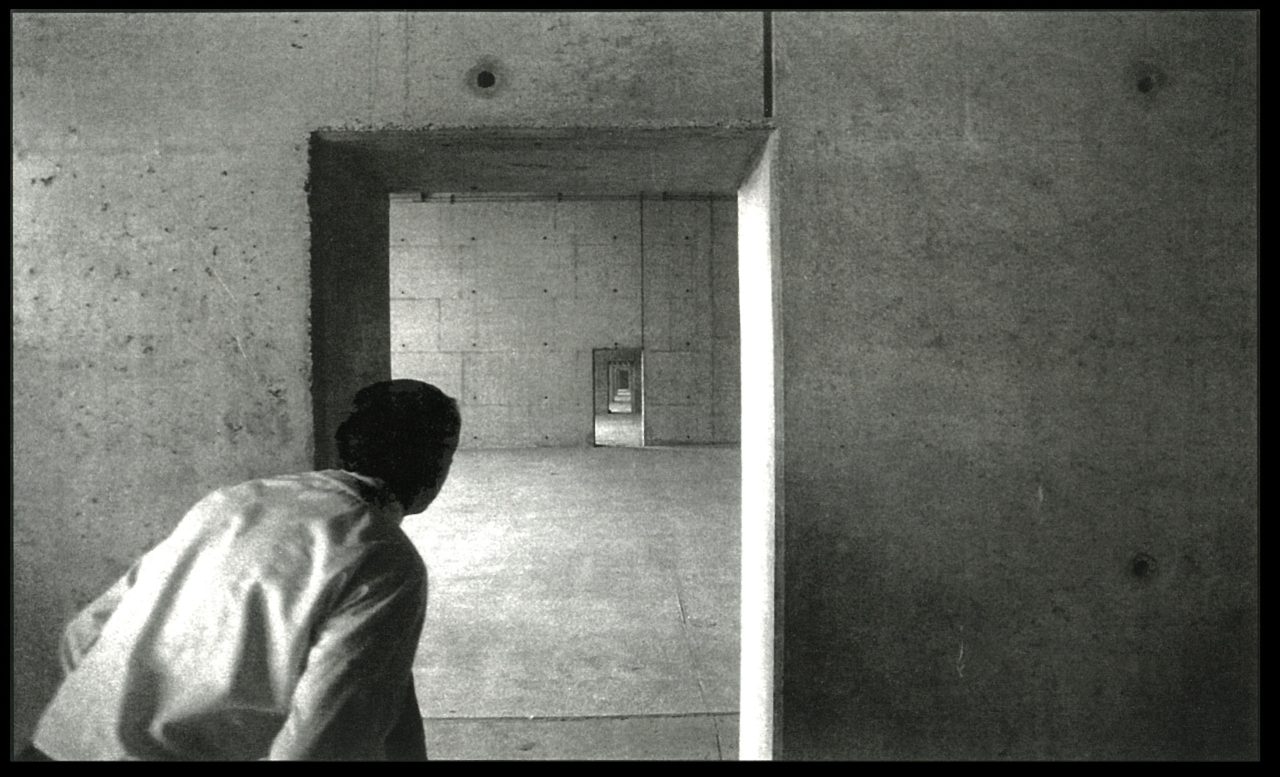
In this episode, through a far-reaching discussion of his illustration and photographic practice, and in dialogue with UBC professor emeritus John O’Brian, Robert Del Tredici touches on political, ethical and philosophical aspects of nuclear technologies and deployments. Through photographic projects from Three Mile Island, Hiroshima, Kazakhstan, Dene Territory in the Canadian Arctic and many other places and sites, Del Tredici’s presentation frames the enormity and devastation of the global nuclear industrial complex, helping to counter its forces of abstraction.
[more] -
Event
Critical Image Forum Dialogue Series: UAAC Global Photography
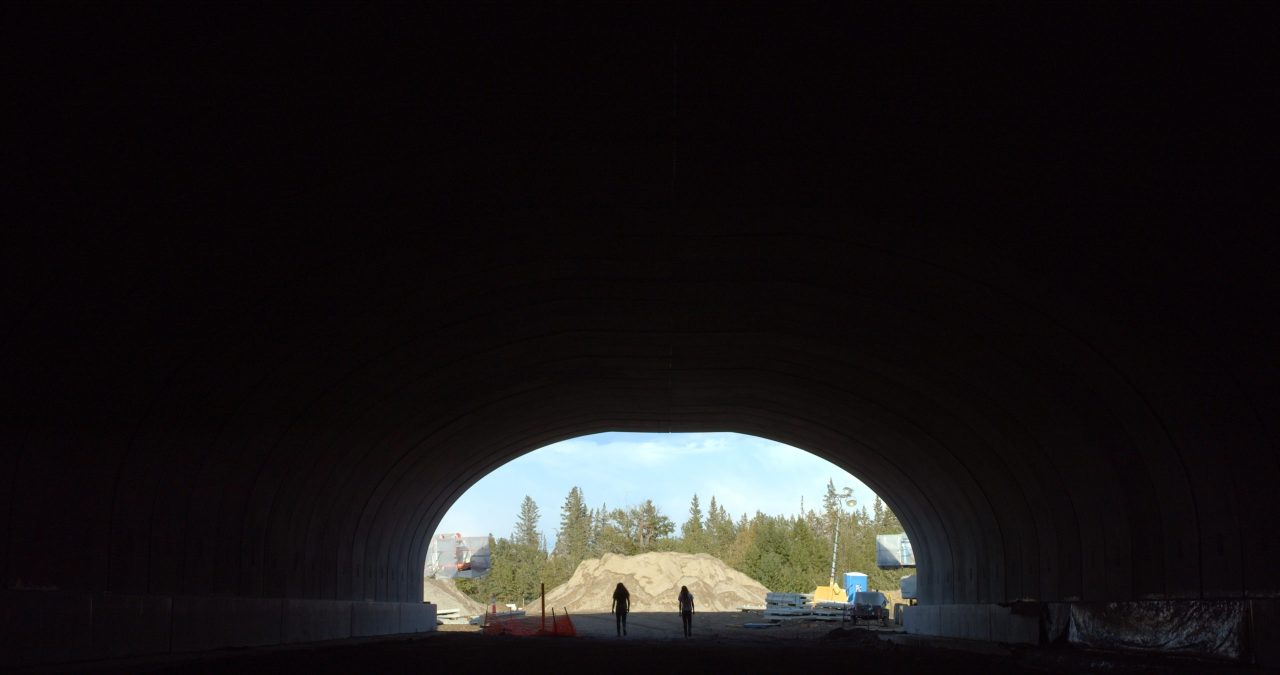
As part of the University Art Association of Canada's online conference, panel chairs Heather Diack (University of Miami) and Terri Weissman (University of Illinois at Urbana Champaign) brought together art historians and artists committed to deepening the discourse of photography studies and expanding its points of reference in Canada Global Photography: Critical Histories.
[more]